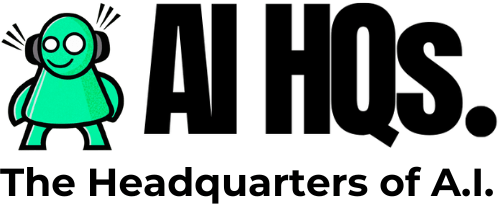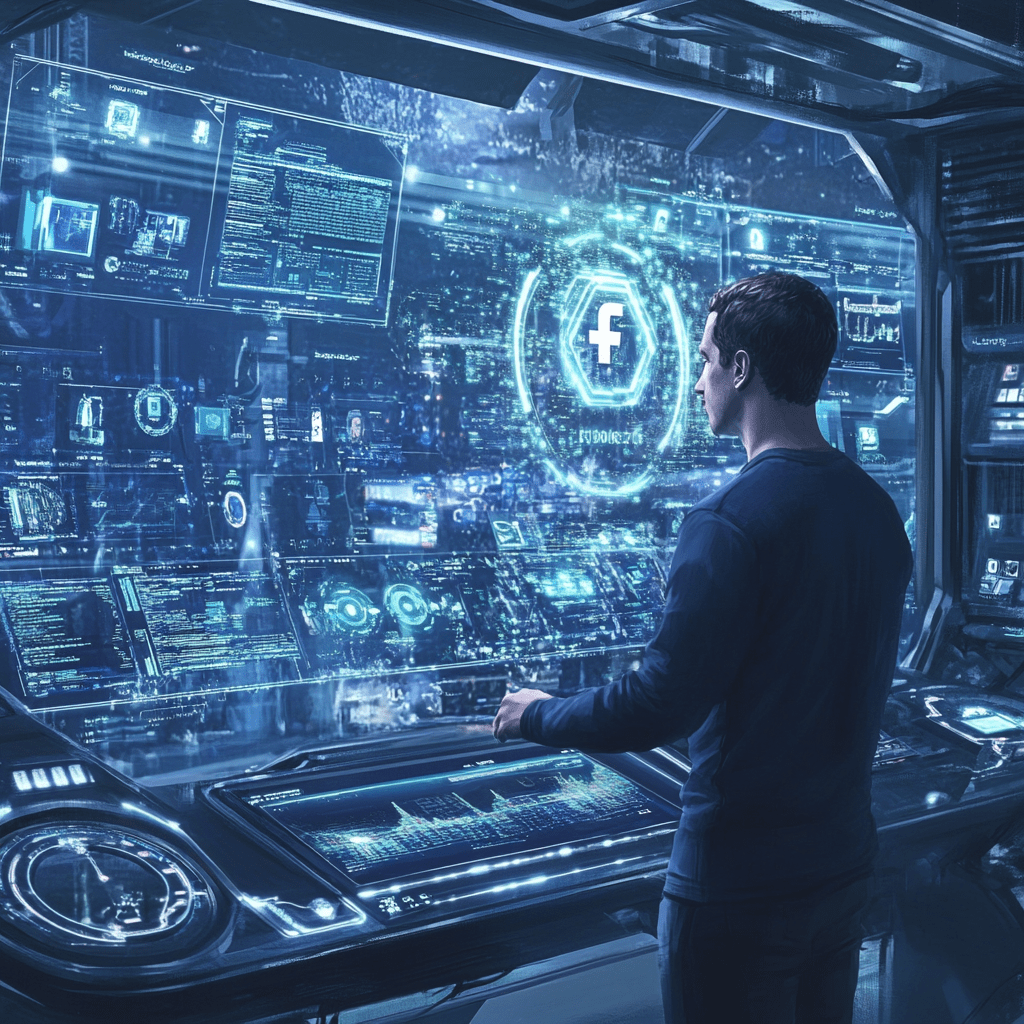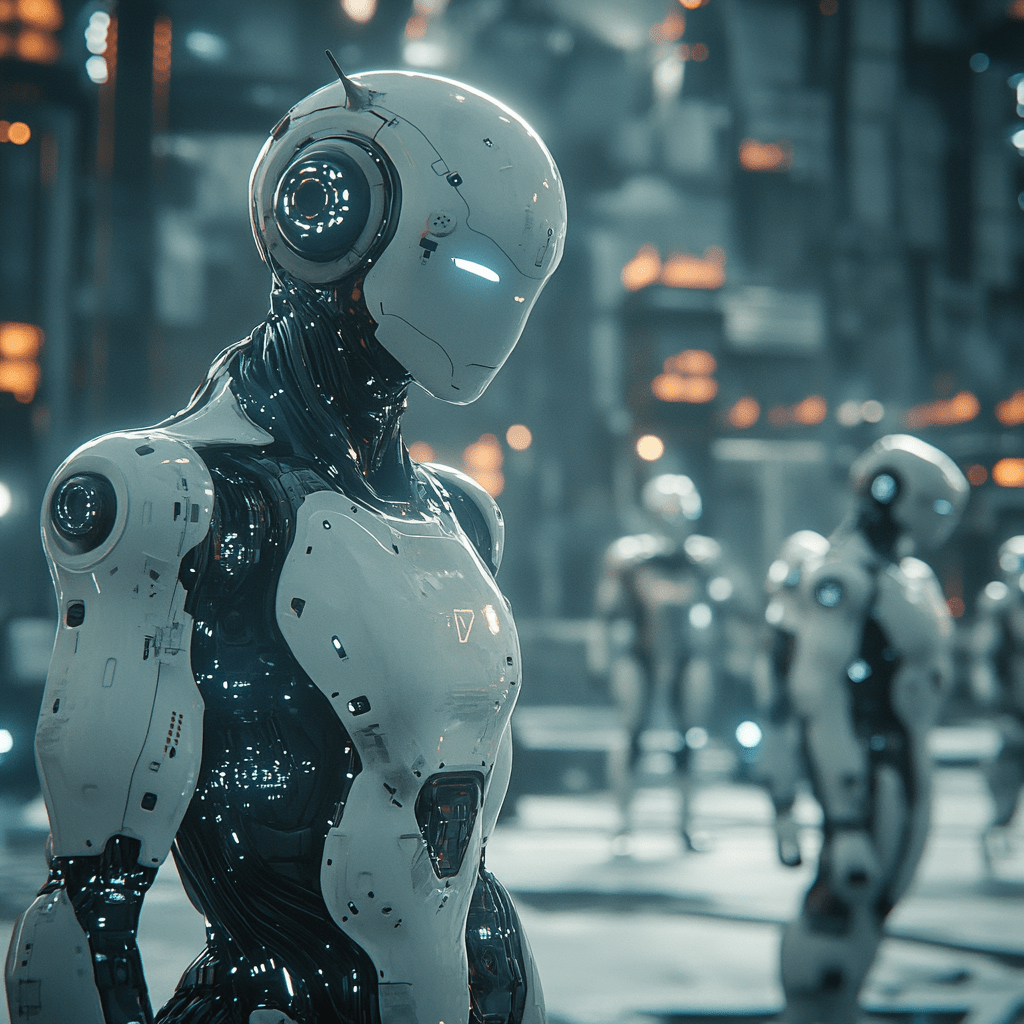Elon Musk Questions OpenAI Model Openness
In the fast-paced world of artificial intelligence (AI), recent developments have once again put Elon Musk at the centre of attention. His endeavours, notably through his AI firm xAI, have sparked discussions, debates, and even legal battles. Let’s delve into the intricate web of events and their implications for the AI landscape.

Musk’s foray into the AI realm gained traction with the unveiling of Grok-1, a formidable challenger to OpenAI’s ChatGPT. Released as a base model by xAI, Grok-1 boasts a staggering 314 billion parameters, surpassing the complexity of its predecessors. Musk’s insistence on open releases stands in stark contrast to his ongoing legal tussle with OpenAI over similar practices. The release of Grok-1’s model weights and architecture via GitHub and BitTorrent reflects Musk’s vision of democratising AI access, a vision marred by legal wrangling.
Grok-1’s emergence raises intriguing questions about its practicality. With a weighted checkpoint size of 296GB, only datacenter-class hardware can accommodate its sheer magnitude. Despite this, efforts are underway to develop quantized versions for consumer-grade GPUs, albeit with compromised processing capabilities. The convergence of technological prowess and accessibility underscores the evolving landscape of AI deployment.
The inception of xAI further underscores Musk’s ambition to explore the frontiers of AI. Bolstered by a stellar lineup of industry veterans, xAI seeks to decipher the “true nature of the universe,” a grandiose aspiration emblematic of Musk’s audacity. The amalgamation of talent from tech behemoths like Google, Microsoft, and Tesla hints at the magnitude of xAI’s ambitions. However, Musk’s tumultuous relationship with the AI community, marked by lawsuits and public spats, adds a layer of complexity to xAI’s trajectory.
The legal saga between Musk and OpenAI unravels a narrative fraught with intrigue. Musk’s lawsuit against OpenAI, alleging a departure from its nonprofit ethos, sheds light on the underlying tensions within the AI ecosystem. Archival emails, shared by OpenAI in response, offer glimpses into the inner workings of the industry’s key players. The dichotomy between Musk’s past endorsements of OpenAI’s evolution and his present litigation underscores the fluidity of allegiances in the tech arena.
Central to the dispute is the interpretation of “open” in OpenAI’s mission. While Musk advocates for unrestricted access to AI advancements, OpenAI contends that its commitment extends beyond conventional notions of openness. The divergence in perspectives encapsulates the broader discourse surrounding AI governance and ethics. As AI continues to permeate various facets of society, reconciling divergent viewpoints is imperative for fostering responsible innovation.
The unfolding drama between Musk and OpenAI transcends mere legal wrangling; it epitomises the clash of ideologies shaping the AI landscape. Musk’s calls for transparency and accountability resonate with proponents of open science, who advocate for equitable access to AI technologies. Conversely, OpenAI’s emphasis on broader usability underscores the pragmatic considerations inherent in AI development. The tension between idealism and pragmatism underscores the complexities of navigating the AI terrain.
Amidst the legal quagmire, xAI’s emergence adds a new dimension to the AI discourse. Positioned as a formidable challenger to established players, xAI embodies Musk’s penchant for disruption. However, its success hinges on navigating the labyrinthine intricacies of the AI ecosystem, marked by regulatory hurdles and ethical dilemmas. The convergence of technological innovation and ethical stewardship underscores the pivotal role of industry stakeholders in shaping AI’s trajectory.
As Musk’s legal battle with OpenAI unfolds, it serves as a poignant reminder of the ethical imperatives underpinning AI development. The quest for AI supremacy must be tempered by a commitment to transparency, accountability, and societal welfare. Musk’s ventures, while emblematic of technological ambition, underscore the need for ethical introspection within the AI community.
As we delve deeper into the labyrinthine world of AI, it becomes apparent that Elon Musk’s influence transcends mere technological innovation. His endeavours not only shape the trajectory of AI development but also provoke broader reflections on the ethical, legal, and societal implications of emerging technologies.
At the heart of Musk’s vision lies a commitment to democratising access to AI. By releasing Grok-1’s model weights and architecture, Musk seeks to dismantle barriers to entry and foster a culture of open collaboration. However, the legal skirmishes with OpenAI highlight the inherent tensions between proprietary interests and communal benefits in the AI ecosystem. As the boundaries between public good and private enterprise blur, reconciling divergent interests becomes imperative for realising the full potential of AI.
The inception of xAI further underscores Musk’s audacious foray into uncharted territories. By assembling a diverse team of industry veterans, xAI embodies Musk’s ambition to push the boundaries of AI research. Yet, amidst the flurry of technological breakthroughs, ethical considerations often take a backseat. As AI becomes increasingly intertwined with everyday life, addressing concerns related to bias, accountability, and transparency becomes paramount. Musk’s ventures serve as a clarion call for industry stakeholders to prioritise ethical stewardship alongside technological advancement.
Moreover, the legal saga between Musk and OpenAI serves as a cautionary tale for the broader AI community. It underscores the need for robust governance frameworks that balance innovation with accountability. As AI proliferates across various domains, safeguarding against misuse and unintended consequences becomes paramount. Musk’s legal battles serve as a catalyst for introspection, prompting industry stakeholders to reevaluate their ethical responsibilities in the AI age.
Elon Musk’s influence on the AI landscape extends beyond technological prowess. His ventures provoke critical reflections on the ethical, legal, and societal dimensions of AI development. As we navigate the complexities of the AI terrain, Musk’s legacy serves as a guiding beacon, reminding us of the imperative to prioritise ethics alongside innovation. In the quest for AI supremacy, it is not just about technological breakthroughs but also about fostering a culture of responsibility and accountability.
In conclusion, Elon Musk’s influence on the AI landscape is multifaceted and far-reaching. From the release of Grok-1 to the inception of xAI, Musk’s endeavours have catalysed debates, spurred innovations, and challenged the status quo. As AI continues to evolve, navigating the ethical, legal, and societal dimensions of its deployment remains paramount. In the crucible of technological advancement, Musk’s legacy will endure as a testament to the transformative power of visionary leadership in shaping the future of AI.
for all my daily news and tips on AI, Emerging technologies at the intersection of humans, just sign up for my FREE newsletter at www.robotpigeon.be






